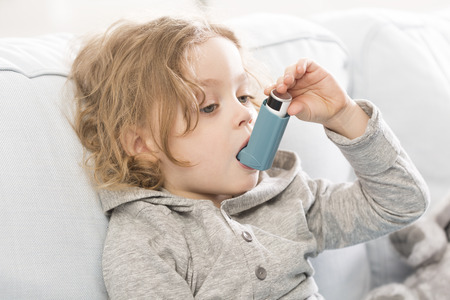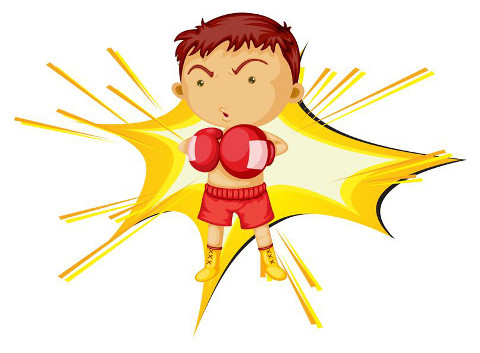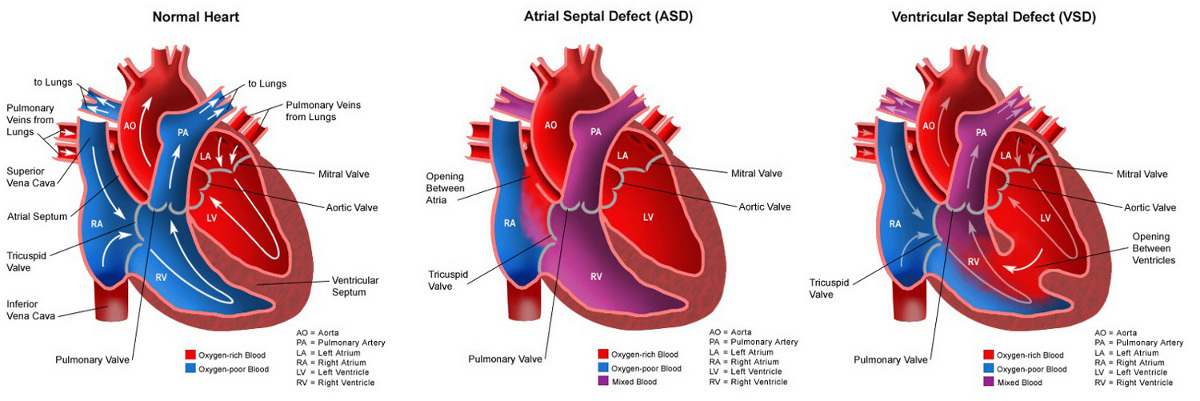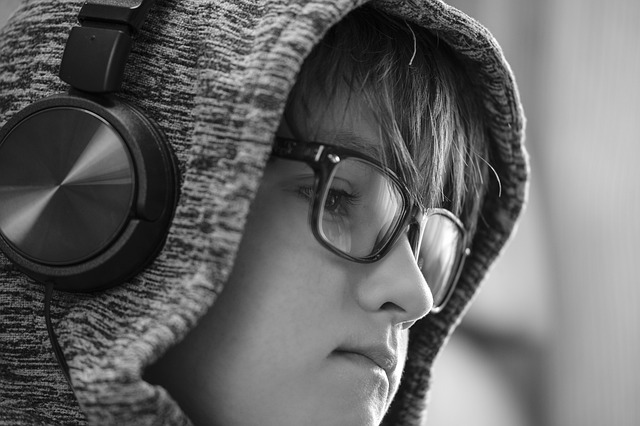Asthma affects roughly 334 million people worldwide and about 5% of adults and 20% of children in Singapore. The condition can cause disrupting symptoms such as sleeplessness, daytime fatigue and reduced activity levels to severe consequences such as hospitalization, which affect a patient’s daily lifestyle and emotional status.

We ask Dr Chan Tiong Beng, Consultant Respiratory Specialist at the Cough & Chest Specialist Pte Ltd at Mount Elizabeth Medical Centre questions parents might have about asthma.
What are the different types of asthma and which one is most common in children?
There are a few types of asthma found in children namely exercise-Induced asthma, cough-variant asthma and nighttime asthma.
- Exercise-Induced Asthma – This type of asthma is triggered by exercise or physical activity.
- Cough-Variant Asthma – Coughing is the most prevalent symptom in this type of asthma. Although coughing can be caused by postnasal drop, chronic rhinitis, sinusitis or gastroesophageal reflux disease, coughing due to sinusitis is common in asthmatics.
- Nighttime Asthma – The symptoms of Nighttime asthma occurs more frequently when the asthmatic is sleeping as it is influenced by the sleep-wake cycle. Symptoms include wheezing, coughing, difficulty breathing, and this can be dangerous particularly during the night time.
What makes asthma deadly?
Asthma can be a serious condition if it is not properly managed, such as when an asthma patient:
- Does not take their medicine as prescribed uses the inhalers incorrectly
- Does not use their preventer medications which can increase their risk of a flare-up
- Over-relies on rescue medications for sudden symptoms which means that their asthma is not well controlled.
This can potentially lead to hospitalization and even death in extreme cases.
What is the cause of asthma, is it heredity?
Asthma is believed to be brought about by a combination of genetic predisposition and exposure to inhaled substances that provoke allergic reactions or irritate the airways.
Can my child ‘outgrow’ asthma? Can it be cured?
In some children, childhood-onset asthma can go away as the child gets older. However, in other cases, symptoms can return after a few years. Some children who suffer from severe asthma never outgrow their asthma. Asthma cannot be cured, but it can be properly managed to minimise symptoms and reduce the risk of an attack or flare-ups.
Can my child still do outdoor activities and sports if he has asthma?
Yes, children with asthma are encouraged to engage in regular activities and one such sport is swimming. However, it is important to ensure that the child’s asthma is well-controlled before engaging in such activities.
How can parents better manage their child’s asthma so that they lead a full life without the disease interfering or holding them back?
Asthma cannot be cured, but it can be managed which improves the patient’s quality of life. Parents should assist by working closely with their child’s doctor to ensure that the personalised Asthma Action Plan is always up to date and also to constantly monitor their child’s inhaler usage technique and remind them of the need to use the preventer inhaler on a regular basis.
What are the steps to take when a child has an asthma attack?
During an asthma attack, provide the child with the reliever inhaler immediately as instructed by the doctor. Repeat the procedure every 20 minutes for up to one hour. Get medical attention or call an ambulance if your child’s asthma symptoms are not relieved or have worsened or if the symptoms return within 4 hours. Family members should also stay calm and encouraging during this period.
How do I know which is the correct inhaler to use?
In an asthmatic attack, when the child has cough, breathlessness, and wheezing, the inhaler to use will always be a reliever inhaler. For maintenance and control of asthma, the inhaler to use will be a preventer inhaler.
What is the burden of asthma in Singapore coupled with the long-standing state of uncontrolled asthma?
According to the Health Promotion Board, about 5% of adults and 20% of children in Singapore have asthma. Many asthma patients are merely coping with their condition instead of controlling it, where they frequently experience symptoms such as coughing, wheezing, shortness of breath and chest tightness.
This raises the need for ongoing education and more meaningful conversations between doctors and patients to help asthmatics achieve their ideal state of control.
Can changing my child’s diet help to improve his health and decrease asthma attacks?
Your child’s diet does play a part in influencing the severity of his/her symptoms and chances of an asthma attack. Some groups of foods that are good for you include fruits and vegetables and omega-3 fatty acids. Foods that you should avoid include those that contain sulfides and diets high in calories; this is because obesity has been found to trigger more severe asthma symptoms.
What are the conditions or environments prone to trigger asthma attacks?
Asthma attacks can be triggered upon exposure to inhaled substances that provoke allergic reactions or irritate the airways, such as indoor allergens like dust mites in bedding, carpets and stuffed furniture and pet dander, outdoor allergens such as pollution, pollens and mould as well as tobacco smoke.
Parents can teach their children to stay away from the above substances or triggers that cause an attack.
These questions were answered by Dr Chan Tiong Beng, Consultant Respiratory Specialist, Cough & Chest Specialist Pte Ltd at Mount Elizabeth Medical Centre.
* * * * *
Like what you see here? Get parenting tips and stories straight to your inbox! Join our mailing list here.
Want to be heard 👂 and seen 👀 by over 100,000 parents in Singapore? We can help! Leave your contact here and we’ll be in touch.


























































